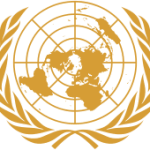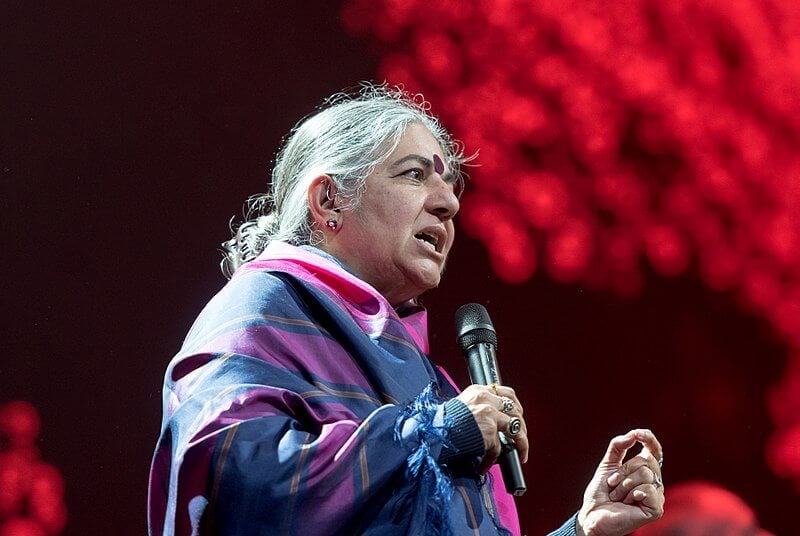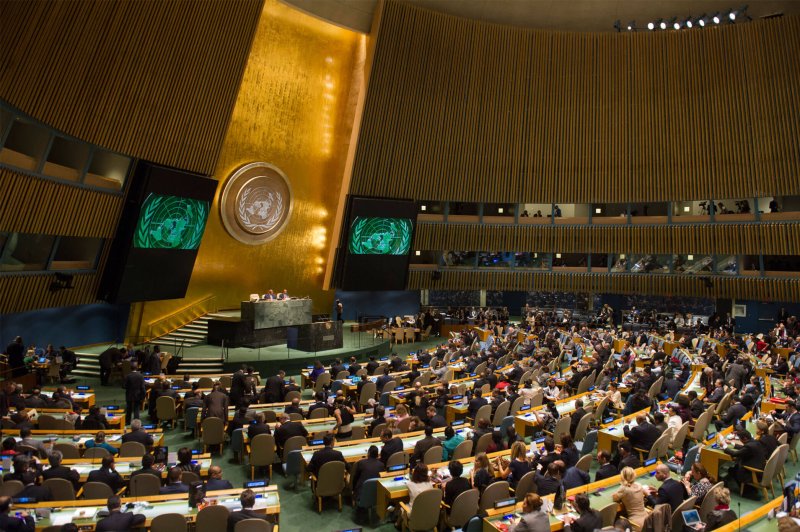But this is only one half of the activist strategy to restrict and ultimately ban biotechnology from food production and public health initiatives. They have also targeted policy makers and country representatives in intergovernmental organizations tasked with developing regulatory recommendations on biotechnology. The United Nations Biodiversity Conference and its preparatory meetings may be the most significant forums in which activism so thoroughly subverts science-based policies on genetic engineering. The importance of this international event can’t be understated, since developing countries use the proceedings as a basis to formulate their biotechnology regulations—often with disastrous consequences.

This International conference is organized every two years and serves as the center of negotiations for the Convention on Biological Diversity (CBD) and its Protocols (the Cartagena Protocol on Biosafety), and provides an opportunity for industry, scientists, governments and other stakeholders to share a wide range of ideas with the global audience that attends the meeting. During the formal negotiations, only country parties from the CBD and its Protocols have a voice and a vote, but eventually the floor is open to observers, and this is when activists work to generate support for their agendas, because they are dependent on support from sympathetic governments.
The meetings allow activist groups to attract attention from the press, during which they spread misinformation about the use of GMOs, and at the most recent CBD meetings, new breeding techniques (NBTs) such as CRISPR. It’s here that the case for a global moratorium on these technologies is made.
Capturing the United Nations
Looking back, environmental groups such as Greenpeace, Friends of the Earth, Third World Network, RAFI and others have employed a number of strategies to influence the formation, contents and implementation of the Cartagena Protocol on Biosafety, namely lobbying government officials and fomenting public pressure on the UN.
This anti-GMO agenda was always a bizarre and inappropriate framing of the conference, but it was accepted by environmental advocates from all over Europe, who dominated the protocol negotiations, and it was sold to Africans and delegates from other developing countries as an international effort to protect their rich biodiversity. According to Wellesley College political scientist Robert Paarlberg, activist groups
…. linked their anti-GMO campaign to a well-funded program by the United Nations Environment Program (UNEP) intended to help developing countries set in place adequate regulatory systems for GMOs, consistent with the new Cartagena Protocol. This Program led one African government after another down a path to stifling the technology with regulatory requirements that provided critics with multiple new points of delay. Of the 23 African governments that completed this Program between 2000 and 2006, 21 of the 23 had to adopted the most restrictive (“Level One”) approach.

The approach contained in the Cartagena Protocol Paarlberg describes is based in the precautionary principle, a concept that stipulates a technology must be proven safe before it can be implemented, which has become a massive impediment to the development of new and better products, environmentally friendly innovations that could increase agricultural productivity, conserve water, and supplant agricultural chemicals that can pose a risk to human health and the environment
From positive to appalling: Activist groups shift focus
According to experienced CBD participants from the early negotiations in 1988 up to now, the roles of both environmental groups and the CBD Secretariat (CBD Sec)—whose primary functions are to organize meetings, prepare reports and assist member governments from the CBD—have changed dramatically in certain areas. In the early years, environmental groups played an important role in the negotiations: using their specialized knowledge of conservation issues to educate policymakers. This was helpful to diplomats who had to understand the nature of the problems they were addressing and the implications of various policy alternatives under consideration.
However, over time, their influence became detrimental as they took increasingly adversarial views of innovations in biotechnology, whereby they did not shy away from misleading other participants, the media and public about the relevant science—to the point of downright lying. Over the years, concerns have also been raised about the role of the CBD Sec in the biotechnology area, with critics arguing that it is biased towards organizations and countries with an anti-biotech position. They point specifically to how the Ad Hoc Technical Expert Group (AHTEG) is handled.
According to Bas Arts, a researcher in the Department of Environmental Policy Sciences at the University of Nijmegen in the Netherlands, the open-ended ad hoc expert groups have been heavily influenced by activists. During the pre-negotiation phase in 1995, for instance, the AHTEG was tasked with creating proposals for a draft biosafety protocol. The expert meeting was relatively open to environmental groups and they made a wide range of contributions that were included in the final report, most notably the recommendation that the precautionary principle guide “international action on safety in biotechnology …”
More recently, even with limitations on non-party participants contributing to deliberations, activist groups continue to have representation in key expert groups, including the AHTEG on Synthetic Biology in 2019-2020, 2017-2018 and 2015-2016. Many of the organizations participating in AHTEGs are well known opponents of agricultural biotechnology.

Protesting biotech at the UN
Such rhetoric is all too common at the UN. During recent Biodiversity Conferences activist groups have put on demonstrations criticizing so-called “biopiracy” and a newer genetic engineering tool called a gene drive. Shiva refers to biopiracy “as the use of intellectual property systems to legitimize the exclusive ownership and control over biological resource and biological products and processes that have been used over centuries in non-industrialized cultures.” She further claims that intellectual property rights (IPRs) laws and trade agreements have “unleashed an epidemic of piracy of nature’s indigenous innovations….”
But as the US Department of Commerce explains, IPRs are critical to fostering innovation. In agriculture, for example, novel seed varieties, pesticides and other useful products only exist because companies and universities spend millions of dollars over many years developing them. Without the opportunity to recoup these investments, they wouldn’t produce the innovative tools farmers use to sustainably grow food for the rest of us.
Gene drive technology has a wide variety of potential and significant uses, most notably the eradication of insects that spread disease. But other applications include control of agricultural pests as well as reclamation of threatened species. Friends of the Earth, which has used the CBD to promote its anti-biotech agenda, sees nothing but downsides to employing gene drives, noting the technology “could have profound ecological, health or socio-economic impacts.”
While researchers have acknowledged the real risks posed by gene drives, they have argued that these are manageable and shouldn’t dissuade us from using the technology to solve critical problems. In a 2018 open letter, experts from around the world explained that humanity is facing life-threatening challenges that require new and complementary tools. Closing the door on gene-drive research by creating arbitrary barriers, they wrote, would limit our ability to address these challenges, like preventing millions of annual malaria infections in the developing world.
Why it matters
Activist influence at the UN has been a gateway to burdensome, expensive biotech regulations in developing countries that simply can’t afford them. To cite the classic example, farmers in these nations are made to wait years for access to GM seeds that could cut their production costs and protect their health via reduced pesticide use. Consumers in these locales, meanwhile, are denied access to biotech crops that could increase the availability of nutritious food.
Scientists worldwide have argued for decades that molecular genetic engineering is merely a refinement, or improvement, over less precise and less predictable breeding techniques and thus doesn’t require much regulation, a point even regulators at the USDA now concede. Yet countless people continue to suffer and die needlessly as a result of the arbitrary and unscientific restrictions forged at the UN. Simply put, these pointless rules prevent us from helping the poor to help themselves.
Luis Ventura is a biologist with expertise in biotechnology, biosafety and science communication, born and raised in a small town near Mexico City. He is a Plant Genetic Resources International Platform Fellow at the Swedish University of Agricultural Sciences. Follow him on Twitter @luisventura































